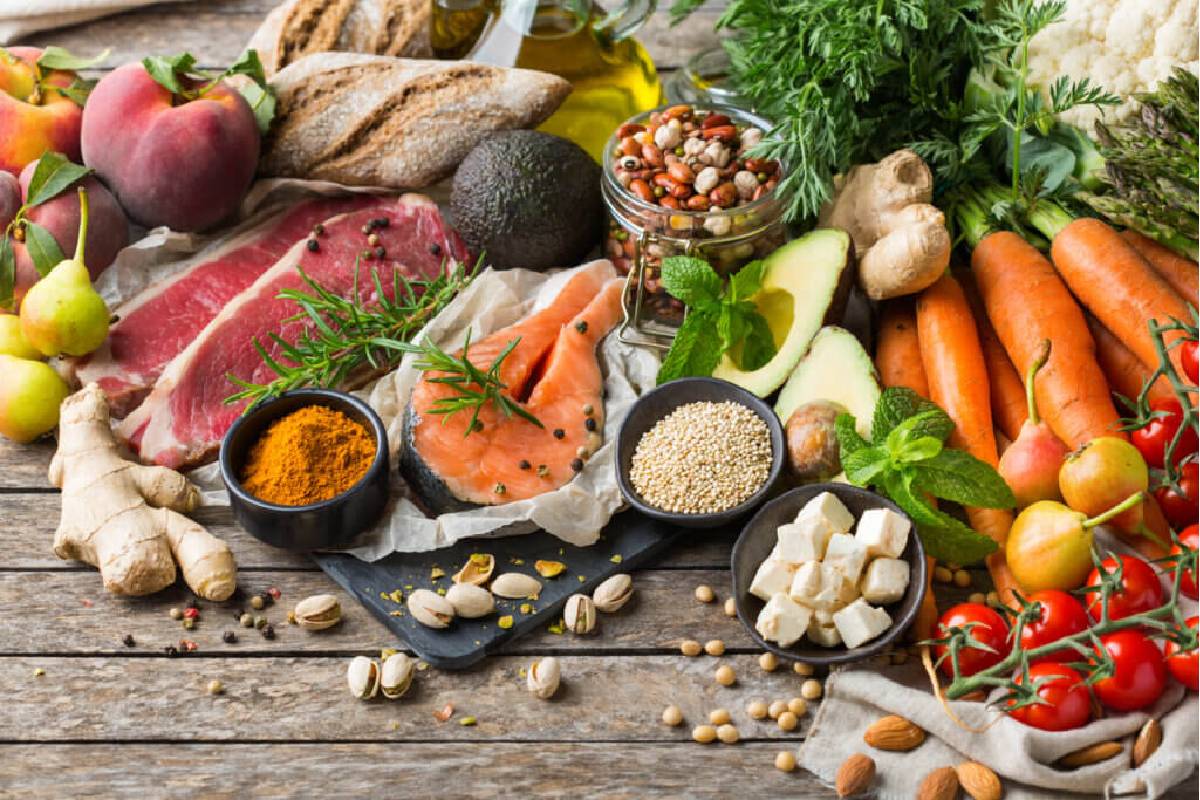Table of Contents
1. Water
Drink 8 to 12 glasses of water during the daytime in nutrients in your diet
2. Dark Green Vegetables
Nutrients in your diet eat dark green vegetables at most minor three to four times a workweek. Also, good choices include broccoli, bell peppers, Brussels sprouts, and leafy greens like kale and spinach.
3. Whole Grains -Nutrients In Your Diet
Eat whole grains sitting down at least two to three times a day. Look for whole wheat flour, rye, oats, barley, amaranth, quinoa or multigrain products. A good source of fibre contains 3 to 4 grams per serving. A great source includes five or more grams of fibre per serving.
4. Beans and Lentils
Try to eat a bean-based meal at slightest once a week. Add legumes such as beans and lentils to soups, stews, casseroles, salads and sauces, or eat them alone.
5. Fish
We try to eat two to three portions of fish per week. One serving consists of 3 to 4 ounces of cooked fish. Good choices are salmon, trout, herring, oily fish, sardines and tuna.
6. Fruits – Nutrients In Your Diet
It includes two to four servings of fruit in your diet each day. And try to eat berries such as raspberries, blueberries, blackberries and strawberries.
7. Winter Squash
Eat pumpkin, acorn squash, and other vegetables rich in dark orange and green pigments, such as sweet potatoes, cantaloupe, and mango.
8. Soy
To help lower cholesterol levels, 25 grams of soy protein per day recommend as part of a low-fat diet. In addition, try tofu, soy milk, soy edamame, tempeh, and textured vegetable protein (TVP).
9. Flax Seeds, Nuts And Seeds
Add 1 to 2 tablespoons of crushed flaxseed or extra seeds to food each day, or add a moderate amount (1/4 cup) of walnuts to your daily diet.
10. Organic Yoghurt
Men and women ages 19 to 50 essential 1,000 milligrams of calcium daily, and 1,200 milligrams for those over 50. Eat calcium-rich foods, such as fat-free or low-fat dairy products, three to four times a day. Include organic options.
11. Sunflower Seeds Nutrients In Your Diet
Sunflower seeds are small but mighty. They contain healthy monounsaturated and polyunsaturated fats. It also can reduce cardiovascular risks and lower blood pressure. And protein and fibre, both of which help fill you up.
Sunflower seeds are a source of essential nutrients such as vitamin E, folate, thiamine, niacin and iron, and also contain phytochemicals that protect against heart disease and some cancers.
Try raw or unsalted roasted sunflower seeds alone or in salads, stir-fries or side dishes. Adding a healthy handful can also boost the nutrient profile of bread and muffins.
12. Crispy Snack: Popcorn
It’s crunchy and addictive, but popcorn might be good for you.
That’s because popcorn is a whole grain, and most of us don’t get enough of it in our diets, Zied says. Air popcorn is low in fat, has only 30 calories per cup, and comes with a boost of fibre, protein, vitamins and minerals. It even contains antioxidants that may protect against cancer.
Enhance the flavour of popcorn by sprinkling it on low-sodium or non-sodium condiments such as garlic or onion powder, grated Parmesan cheese, paprika powder, nutritional yeast, or cinnamon.

